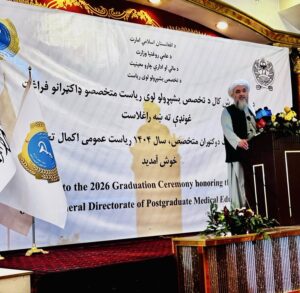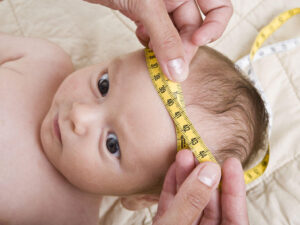KABUL (SW) – A significant lack of awareness about gallbladder disease has led many Afghan women to resort to self-medication without proper diagnosis.
In a recent report by Salam Watandar, seven women suffering from gallbladder issues shared their stories, highlighting symptoms like stomach pain, chest discomfort, nausea, and overall fatigue. Many turned to over-the-counter medications, believing they were treating their stomach problems.
Zeba Gul, a 57-year-old from Parwan, recounted her struggle: “Due to a lack of awareness and misdiagnosis by doctors, I used stomach pain relievers for a year. Initially, I was told I had H. pylori and treated that. But when the pain persisted, I returned to the doctor, who diagnosed me with gallstones and recommended surgery.”
Similarly, Riga, 36, a Kabul resident self-medicated for her symptoms until she was finally diagnosed with gallbladder disease by a physician. Riga said, “After giving birth, I sometimes felt pain in my chest. Without a diagnosis, I thought it was my stomach. I took omeprazole and other medicines for stomach pain, thinking it would help. Initially, the pain was mild, but it worsened over time. When I finally visited a doctor, I learned I had gallstones and needed surgery.”
Another woman Adela, 55, from Kabul also shared, “I suffered for two years with pain in my stomach, abdomen, and shoulders, along with occasional vomiting. I was told I had gallstones and required surgery.”
Health professionals emphasize that the lack of awareness regarding gallbladder disease among women leads to self-medication, which can cause additional health issues, including digestive disorders and osteoporosis. They point out that gallbladder disease is more prevalent in women than in men, particularly among middle-aged women.
Fatima Sahar, an internist, explained, “Many women regularly use antacids and other medications for stomach pain, thinking their issues are stomach-related. Over time, these can lead to osteoporosis and further complications.”
General and urological surgeon Hamid Ataie noted, “Out of six patients with gallbladder disease, four are women and two are men, primarily aged between 40 and 50.”
Sharafat Zaman Amarkhil, spokesperson for the de-facto Ministry of Public Health, confirmed the presence of gallbladder disease among women and assured that treatment options are available in hospitals across the country.
“Cases of gallstones and inflammation are present in Afghanistan. We provide surgical and internal medicine services in both central and provincial hospitals. Additionally, laparoscopic surgeries are performed at Istiqlal Hospital and other facilities in Kabul using modern equipment, making it accessible for those needing surgery,” he said.
Regular exercise and a balanced diet can significantly reduce the risk of gallbladder disease in women. However, many Afghan women struggle to prioritize these healthy habits due to economic challenges and a lack of resources.






